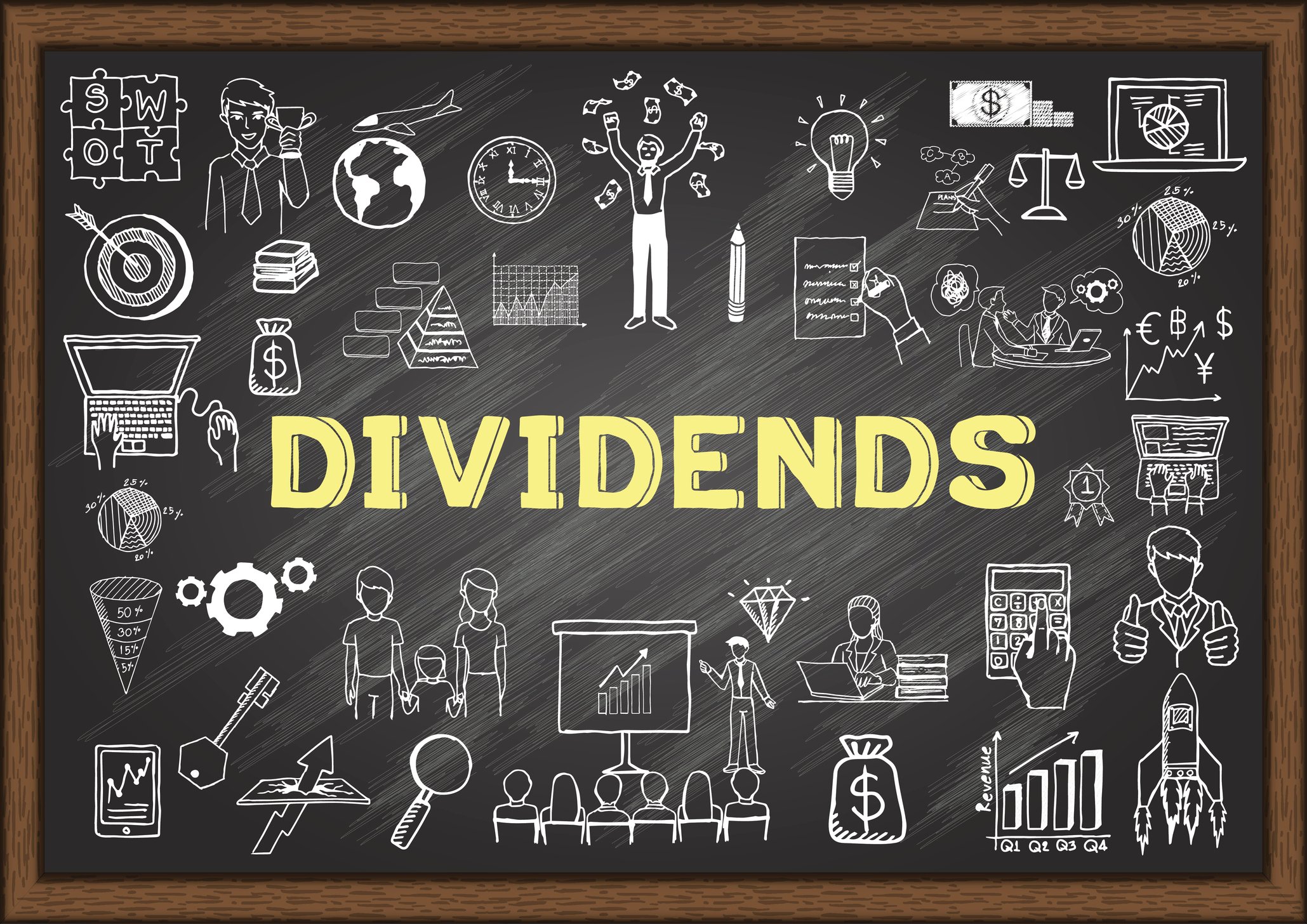Buying and holding great dividend stocks is the best way for investors to predictably generate wealth over the long term. But it's much easier to look back and regret not buying the best dividend stocks than it is to find them in the first place.
So we asked three Motley Fool investors to each pick a dividend stock that investors will wish they'd bought a decade from now. Here's why they chose Universal Display (OLED +0.92%), PetMed Express (PETS +0.00%), and Royal Dutch Shell (NYSE: RDS-A)(NYSE: RDS-B).

IMAGE SOURCE: GETTY IMAGES
This small dividend is just the beginning
Steve Symington (Universal Display): With shares of Universal Display up nearly 160% over the past year, you might be tempted to stay far away from the organic light-emitting diode (OLED) specialist. And with an annual yield of just 0.07%, its tiny dividend isn't exactly enough to inspire income-hungry investors at first glance.
But as I pointed out when Universal Display initiated that dividend almost exactly year ago, management has repeatedly noted that it views the payout as a "good place to start," leaving room to increase capital returns as the world continues to adopt the company's flagship OLED technology.
To that end, Universal Display stock has climbed with good reason, most recently roaring to an all-time high after its third-quarter report crushed expectations. Now OLED displays can be found on tens of million of electronic devices, notably including tablets and smartphones from Samsung, new OLED TVs from LG, and even Apple's high-end iPhone X -- with the latter marking a significant departure from Apple's longtime embrace of LCD displays in its most popular product line.
Then again, Universal Display stock has also pulled back in recent days on reports that Apple has cut production of the iPhone X amid slowing sales for the model. But those reports also don't take into account Apple's widely expected transition of its entire smartphone line to OLED displays next year. That move would be supported by Universal Display signing new long-term OLED agreements just last month with China-based display giant -- and prospective Apple OLED supplier -- BOE Technology Group.
If that weren't enough, as I wrote a few months ago, Universal Display is also poised to upend the multibillion-dollar global lighting market in the coming years.
As a result, I think Universal Display's recent pullback is a fantastic buying opportunity for investors willing to bet on its continued success.
A golden opportunity in e-commerce
George Budwell (PetMed Express): Shares of the online pet pharmacy PetMed Express have been surging higher over the past three years, thanks to its rapidly growing top line and dividend payout. During the most recent quarter, for example, the company saw a year-over-year rise in sales of a healthy 13.7%, prompting management to raise the dividend by another 25% to $0.25 per share starting in February of this year.
This latest hike to the company's dividend translates into a forward-looking yield of 2.17% (about average for the healthcare sector) and a payout ratio that remains in the sweet spot at about 55% moving forward. In other words, the dividend should be able to continue growing in lockstep with its sky-rocketing top line.
Perhaps the most intriguing part about PetMed's stock, however, is that the long-term trend favors further appreciation. The fact of the matter is that e-commerce companies like Amazon and Shopify have gotten consumers used to being able to satisfy their wants and needs with the click of a button.
So while it's true that PetMed probably won't have much luck competing against veterinarians in emergency situations, there's no logical reason to think that consumers won't turn to online retailers for their pets' everyday needs. PetMed, after all, should be able to beat the vast majority of veterinarians on price for most items, given that the company doesn't have the overhead associated with maintaining physical locations. And that's a key reason why this dividend stock should turn out to be a stellar long-term investment.
An eye on the future
John Bromels (Royal Dutch Shell): Things have come a long way for Shell since its acquisition of BG Group in 2015. While the transaction gave it additional exposure to the liquefied natural gas market, it also ballooned Shell's debt load and prompted $30 billion in asset sales, all at a time when the price of oil was stuck in the doldrums. The company instituted a scrip dividend program, paying some of its dividends in shares instead of cash. Investors were justifiably nervous about its prospects for the short and long terms.
Fast-forward three years, Shell's fortunes have radically improved. The company's strict cost-cutting measures -- implemented during the thick of the oil price downturn -- are now paying off. And with Brent crude prices above $60 per barrel since November, and even briefly edging above $70 per barrel in mid-January, Shell's short-term outlook is fantastic. Its fast-rising stock price has depressed the dividend yield a bit, but that dividend still sits above 5%, and the company has ended its scrip dividend program.
But the real reason you may want to buy Shell now is because of its focus on the long term. Through its BG Group acquisition, it's expanded its liquefied natural gas business, a market it expects will grow even faster than oil in coming years. That should help keep investors' money safe even if the oil market softens five or 10 years down the road. That's likely to make it a stock you'll wish you'd bought a decade from now.








